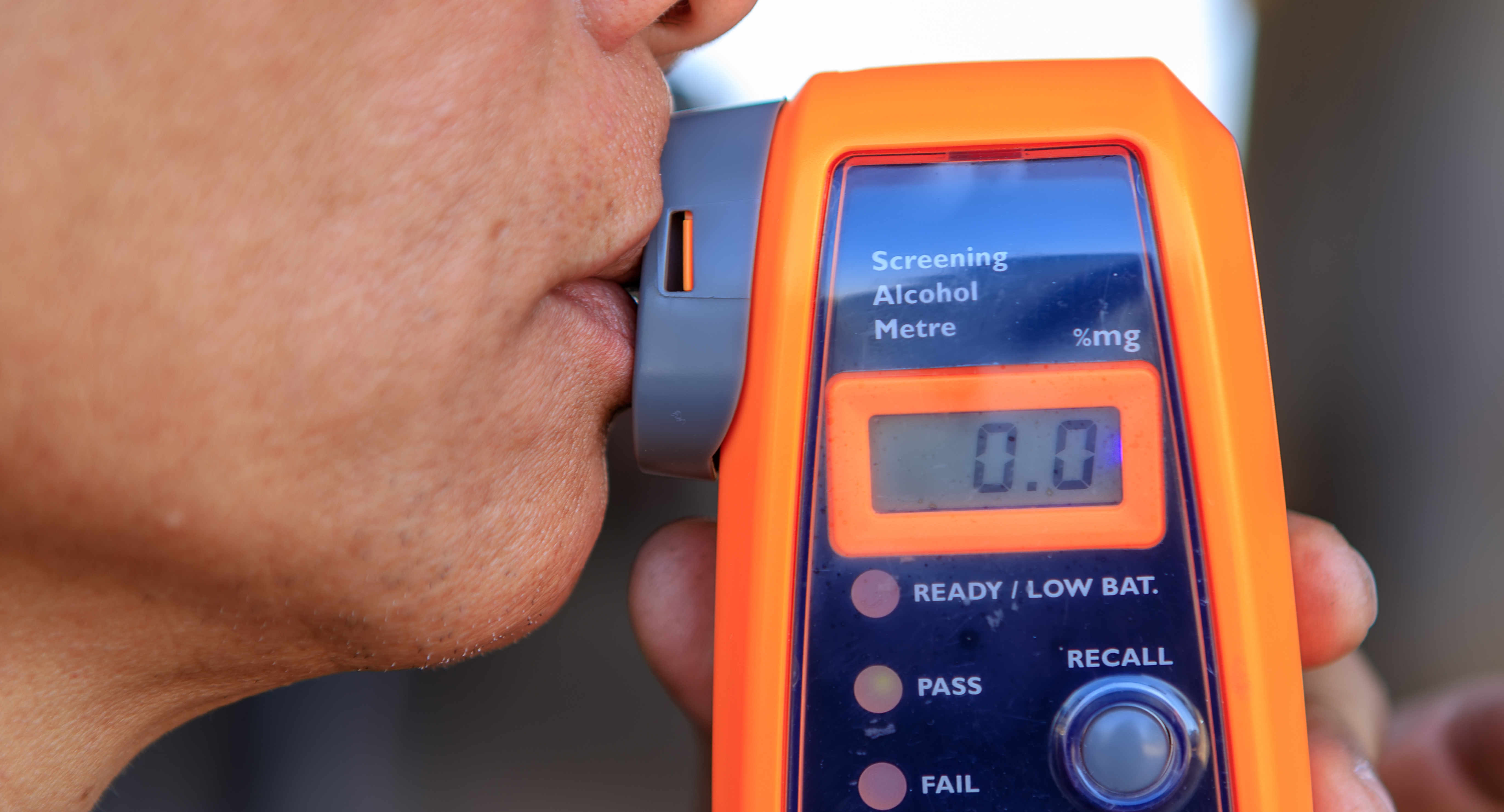- Call the county sheriff’s department at 210-335-6030 or 210-335-6050
- Check with the San Antonio Police Department (anonymously)
- Ask a bail bond company to check on your behalf
If you’re trying to find out if there’s a warrant for your arrest – or the arrest of a friend or family member – in Bexar County, the search process is more cumbersome than in Texas’ other large counties.
While the county offers a searchable database of arrests within the past 24 hours, the online system may or may not list warrants. Instead, the Bexar County Sheriff’s Office wants you to call.
Most people prefer to search online, which keeps it more anonymous. However, to get results that are 100% accurate, you will need to ask a lawyer or bail bond company to search on your behalf.
How Do I Find Out if I Have a Warrant in Bexar County?
If you’re looking for a warrant – whether for yourself, a friend, or a family member – you likely have a good reason to suspect that something might turn up. You don’t have to commit a serious crime to be named on a warrant. Sometimes, you just need to pay a fine or court fees.
But even these seemingly minor transgressions could lead to an outstanding warrant:
- Overdue library books
- Failing to appear for jury duty (without following up)
- Missing a court appearance
- Ignoring a civil summons
- Failing to pay a traffic ticket
Cops probably won’t show up to haul you to jail for these offenses, but dealing with these is typically simple – many places will let you set up a payment plan if you can’t afford the fine outright – and it’s best to take care of them as soon as possible.
However, finding an outstanding arrest warrant is far more serious, and you should consult an attorney before taking further action.
Online
The Bexar County Sheriff’s Office typically doesn’t post warrant information online, though you can access information for anyone who has been arrested in the past 24 hours. Instead, they ask you to call 210-335-6030 or 210-335-6050. You will need to provide the name and birthdate of the person you’re searching for.
If you need to access a specific constable precinct, you can contact them directly:
- Bexar County Constable Precinct 1: 210-335-2806
- Bexar County Constable Precinct 2: 210-335-4850
- Bexar County Constable Precinct 3: 210-335-4750
- Bexar County Constable Precinct 4: 210-335-4950
We understand that you might be reluctant to pick up the phone and ask someone if there’s a warrant out for your arrest. In this instance, you have a few different options:
- Ask a friend to call on your behalf
- Use a disposable “burner” phone
- Borrow someone else’s phone
- Make the call from a payphone (if you can find one)
San Antonio Police Department
If a warrant has been issued within San Antonio, there’s an online search tool. You can also pay your citation directly from the website or by phone at 210-880-3888.
Bexar County District Clerk’s Office
The Bexar County Clerk’s Office offers an online search tool for criminal case records at bexar.com. This may specify whether there is an outstanding warrant. You will need to enter a full name or case number to search.
The district clerk’s office provides a portal at traviscountytx gov that allows you to access public court records, including information about active warrants. The database includes:
- Family and civil court cases since 2006
- Criminal cases from 2008 to date
Call a Bail Bond Company
Many people aren’t aware that bail bond companies will run a warrant check for free. This minimizes any risk of having to call. It will also save you the money you’d have to pay for a third-party service. However, expect a sales pitch if a criminal warrant is found.
Ask Your Lawyer
Your attorney will help you search for outstanding warrants. If you don’t have a lawyer and are worried about warrants, contact us for a free consultation. We can help.
Michael & Associates is a criminal defense law firm that defends clients against DWI, assault, theft, drug possession, and all other criminal charges in the Austin area. Get a free case review today.
Third-Party Websites
Several third-party websites will help you search for warrants. However, most of these sites charge a fee for their assistance – some even require setting up a subscription – and won’t disclose the cost until you’ve wasted time entering your personal information. They also won’t save you any time or effort – you’ll have to provide the same information you’d enter at one of the county-run websites.
Third-party services include CriminalRecords.com, TruthFinder, and reviewpublicrecords.com.
Traffic Infractions
If you’re concerned about a traffic infraction from the San Antonio Police Department, you must contact the municipal court at sa.gov.
How to Request a Copy of Your Criminal Record
If you can’t find warrant information locally or are afraid to search, you can request a copy of your criminal record through the Texas Department of Public Safety (DPS) website or by email at [email protected].
However, some information may be redacted, and you may have to wait several weeks to receive it.
Sealed Warrants
Certain warrants may not be made publicly accessible. Warrants are sealed for several reasons, including to protect the identity of minors or due to ongoing investigations. This can include:
- Juvenile warrants: This is to protect identities
- Domestic violence cases: This is for the victims’ protection
- Witness protection cases: These are sealed to ensure witnesses’ safety
- Sensitive investigations: A warrant could jeopardize an ongoing investigation, particularly in cases involving organized crime or terrorism
- Medical or mental health issues: Warrants may be sealed to protect the privacy of someone facing a medical or mental illness
Types of Warrants and What They Mean
Warrants serve different purposes, and there are several different types:
- Arrest warrant: This is a written order from a magistrate or judge. It is issued when a law enforcement officer produces an affidavit showing that an individual is believed to have committed an offense. As the name suggests, an arrest warrant authorizes the police to arrest a suspect and take that person into custody.
- Bench warrant: This court order will arrest a defendant who hasn’t appeared for a court hearing. Police to arrest a person and bring them to the court.
- Blue warrants: These are issued for a parolee suspected of violating one or more of their parole terms.
- Capias: These are issued by a judge or a clerk on a judge’s order. They’re similar to arrest warrants, but a capias is issued after the case against you has started – after bail has been set or before a trial begins. A capias may also be issued if a verdict is announced when the defendant is absent.
- Capias Pro Fine: These are issued after a judgment to enforce the payment of unpaid fines and court costs.
- Child support arrest warrant: A judge or magistrate issues these in civil child support cases when a parent fails to appear in court for a child support hearing. You will be detained until all court-ordered payments have been made.
- Failure to pay warrant: This means you owe a fine, court fee, or other payment ordered by the court.
- Search warrant: This is an order from a magistrate authorizing a law enforcement officer to search someone or their property and seize incriminating material as evidence.
More Commonly Asked Questions
Do Warrants Expire in Bexar County?
No. Once a warrant is issued, no statute of limitations exists. They will remain active until one of two things happens:
- You’re arrested
- A judge revokes the warrant
This means you cannot simply wait for a warrant to expire. If it involves paying a fine or fee, your best bet is to resolve it quickly. Contact an attorney to review your options if it’s an arrest warrant.
How Do You Resolve an Arrest Warrant in Bexar County?
Sometimes, you just need to pay a fee to resolve a warrant. If you owe it to a municipality, they may even offer a “warrant roundup,” reducing the cost if you pay it within a set timetable (or make payment arrangements during this time).
However, dealing with an arrest warrant gets more complicated, and a few ways exist to resolve it. They include:
- Turn yourself in and post bail
- Hire a lawyer to negotiate with the court
- Have your lawyer post bond on your behalf
You may post bail or surrender to the Bexar County Jail, which is located at 200 N. Comal St., San Antonio, TX 78207
Do not turn yourself in until you’ve discussed your case with an experienced criminal attorney. They will review your options and let you know the potential ramifications of turning yourself in.
More Bexar County Resources
How to visit an inmate in Bexar County




